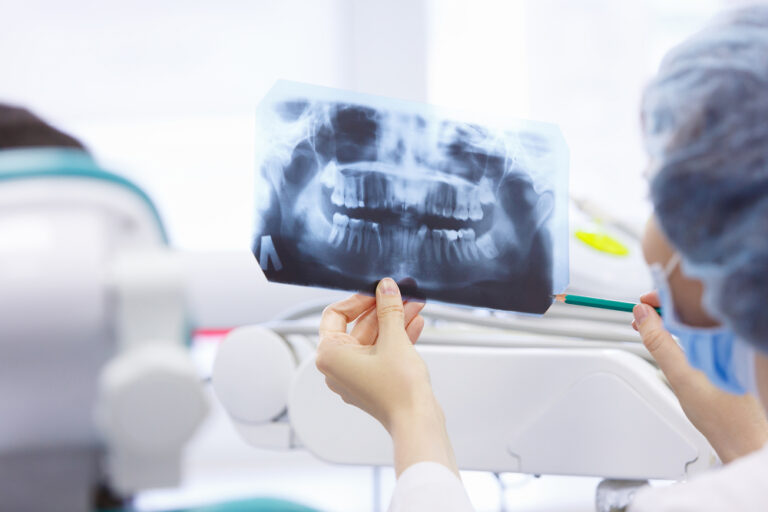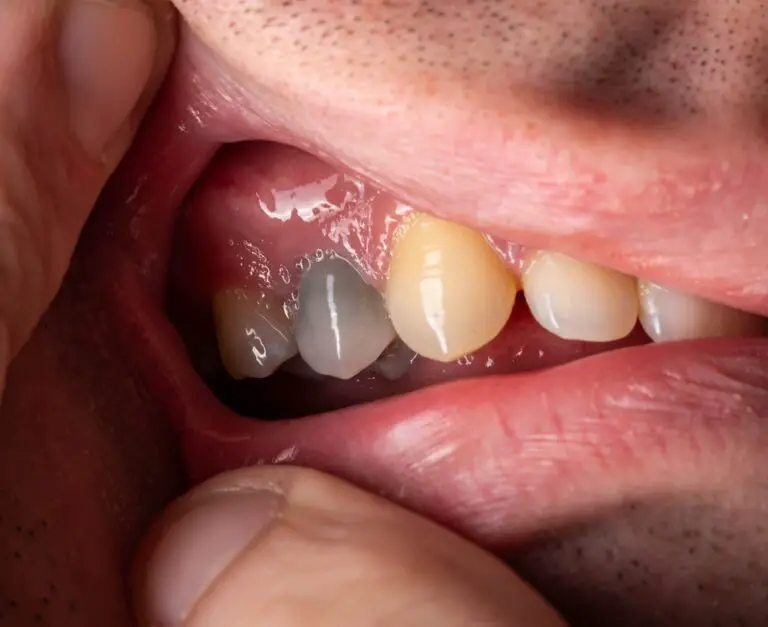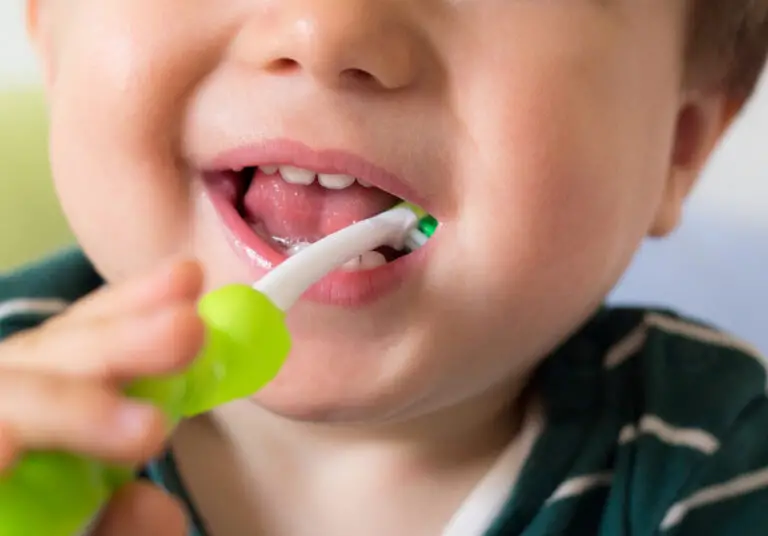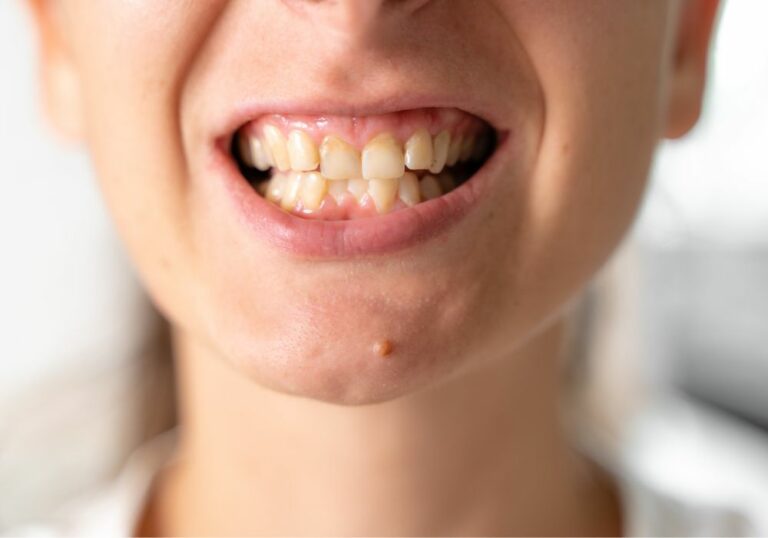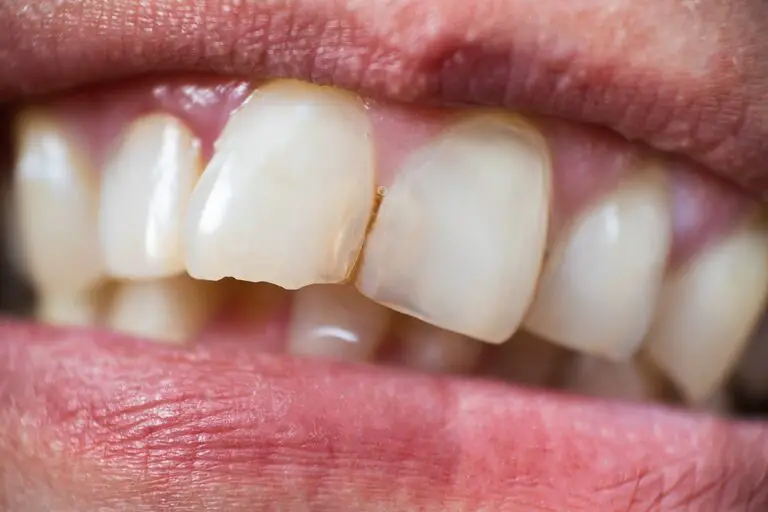If you have a puppy, you know that teething can be a challenging time for both you and your furry friend. One common issue during this stage is bleeding teeth. It’s essential to take care of your puppy’s teeth to ensure their overall health and avoid complications down the line.
There are a few reasons why your puppy’s teeth may be bleeding, and it’s crucial to identify the cause before taking any action. One possibility is that your puppy is simply teething, and the bleeding is a result of the teeth pushing through the gums. Another potential cause is gingivitis, a common dental issue in dogs that can lead to periodontal disease if left untreated.
Luckily, there are several things you can do to help your puppy with bleeding teeth. From providing safe chew toys to regular dental checkups, taking care of your puppy’s teeth is an essential part of their overall health and wellbeing. In this article, we’ll explore some of the best ways to care for your puppy’s teeth during the teething stage and beyond.
Understanding Puppy Teething
As a new puppy parent, it’s important to understand the teething process your furry friend is going through. Here’s what you need to know:
What is Puppy Teething?
Puppy teething is the process of your puppy losing their baby teeth and growing in their adult teeth. This typically starts at around 3-4 months of age and can last until they are 6-8 months old. During this time, your puppy’s teeth may be sore and tender, causing them to chew on everything in sight.
Signs of Teething in Puppies
It’s important to know the signs of teething in puppies so you can help them through this uncomfortable process. Here are some common signs:
- Lots of nipping and chewing around the house
- Blood spots on toys
- Inflamed gums
- Excessive drooling
- Loss of appetite
- Whining or whimpering
If you notice any of these signs, it’s important to provide your puppy with the appropriate toys and chew items to help soothe their sore gums. Additionally, you may want to consult with your veterinarian to ensure your puppy is healthy and not experiencing any other dental issues.
Causes of Bleeding Teeth
If you notice your puppy’s teeth bleeding, there could be a number of reasons why. Here are some common causes of bleeding teeth in puppies:
Normal Teething Process
As your puppy’s baby teeth fall out and their adult teeth come in, it’s normal for them to experience some bleeding. This is because the roots of the baby teeth are being absorbed by the body, which can cause some irritation and bleeding in the gums. Additionally, as the adult teeth come in, they can push against the gums, causing some minor bleeding.
Injuries and Dental Problems
Injuries to the mouth, such as from chewing on something too hard or getting hit in the face, can cause bleeding teeth in puppies. Additionally, dental problems like gingivitis, periodontal disease, and oral cancer can also lead to bleeding gums and teeth.
It’s important to take your puppy to the veterinarian if you notice any bleeding in their mouth. Your vet can help determine the cause of the bleeding and recommend the appropriate treatment. In the meantime, there are a few things you can do to help your puppy feel more comfortable:
- Offer soft, wet food instead of dry kibble to avoid further irritation to the gums.
- Provide your puppy with plenty of chew toys to help alleviate discomfort and encourage healthy chewing habits.
- Use a soft-bristled toothbrush and toothpaste formulated for dogs to keep your puppy’s teeth and gums clean and healthy.
- Avoid giving your puppy bones or hard chew toys that could further damage their teeth or gums.
Remember, bleeding teeth in puppies is not uncommon, but it’s always best to err on the side of caution and consult with a veterinarian to ensure your puppy’s health and well-being.
Immediate Actions to Take
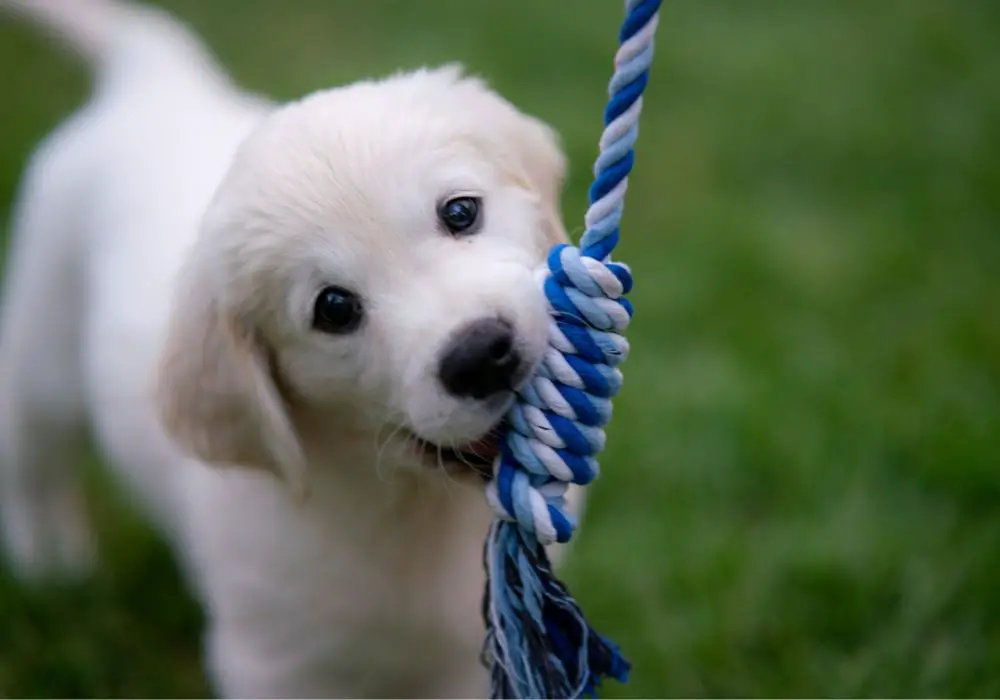
If you notice that your puppy’s teeth are bleeding, prompt action is crucial. Here are some immediate actions you can take:
- Contact your veterinarian: The first thing you should do is call your veterinarian and schedule an appointment. Bleeding teeth in puppies can be a sign of a serious dental issue, and a veterinarian can determine the underlying cause and provide appropriate treatment.
- Gently clean your puppy’s mouth: Use a clean, damp cloth to gently wipe your puppy’s mouth and teeth to remove any debris or blood. This will help prevent infection and reduce the risk of further bleeding.
- Avoid hard or crunchy food and treats: Feed your puppy soft food and avoid giving them hard or crunchy treats until their teeth have healed. This will prevent further irritation to their gums and teeth.
- Provide soft toys for chewing: Give your puppy soft toys to chew on instead of hard or rubber toys. This will help soothe their gums and prevent further bleeding.
- Monitor your puppy’s behavior: Keep an eye on your puppy’s behavior and appetite. If they seem lethargic or refuse to eat, contact your veterinarian immediately.
Remember that bleeding teeth in puppies can be a sign of a serious dental issue, so it’s important to seek veterinary care as soon as possible. By taking these immediate actions, you can help ensure your puppy’s well-being and prevent further dental problems.
Home Remedies
If your puppy is experiencing bleeding teeth, there are some home remedies you can try to alleviate their discomfort. Here are a few options:
Frozen Treats
One way to soothe your puppy’s sore gums is to provide them with frozen treats. You can freeze some of their favorite foods, such as bananas, apples, or carrots. You can also make a special treat by mixing plain yogurt with some mashed fruit and freezing it in an ice cube tray. These treats will not only help to numb their gums but also provide some relief from the pain.
Teething Toys
Another way to help your puppy with bleeding teeth is to provide them with teething toys. These toys are designed to be chewed on and can help to massage their gums, which can reduce the pain and inflammation. Look for toys that are made of durable materials, such as rubber or nylon, and avoid toys that are too hard or small, as they can be a choking hazard.
Gentle Massage
Finally, you can also try giving your puppy a gentle gum massage. Using a clean finger, gently rub their gums in a circular motion. This can help to increase blood flow to the area and reduce inflammation. Be sure to use a gentle touch and stop if your puppy seems uncomfortable or in pain.
Remember, if your puppy’s bleeding teeth persist or if you notice any other concerning symptoms, such as a loss of appetite or lethargy, be sure to consult with your veterinarian.
Professional Help
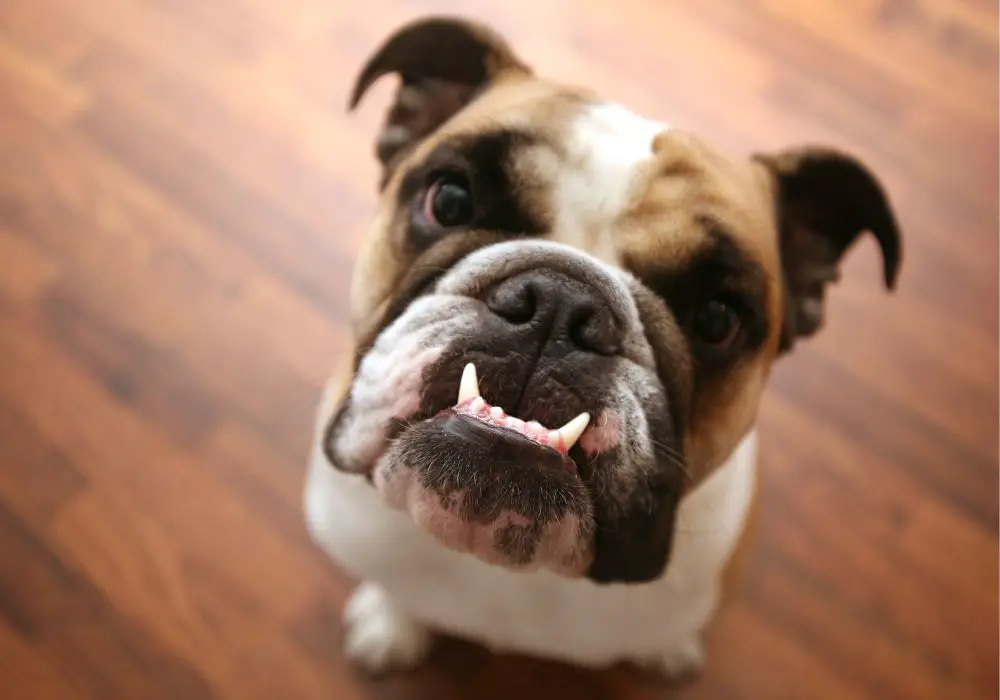
If your puppy is experiencing bleeding teeth, it is important to seek professional help. Here are two options to consider:
Veterinary Consultation
Your veterinarian can examine your puppy’s teeth to determine the cause of the bleeding. They may recommend treatment or refer you to a veterinary dentist for further evaluation. It is important to address any dental issues promptly to prevent further complications.
During the consultation, your veterinarian may ask you questions about your puppy’s diet, chewing habits, and overall health. They may also recommend dental X-rays to assess the teeth and gums more thoroughly.
Professional Dental Cleaning
If your puppy’s bleeding teeth are caused by plaque buildup or gingivitis, a professional dental cleaning may be necessary. This procedure involves removing the buildup of tartar and plaque from the teeth and gums.
The cleaning is done under anesthesia to ensure that your puppy is comfortable and safe during the procedure. Your veterinarian or veterinary dentist may also recommend antibiotics or pain medication to manage any discomfort or infection.
It is important to note that professional dental cleaning should not replace regular at-home dental care. You should continue to brush your puppy’s teeth regularly and provide them with appropriate chew toys to promote dental health.
Remember, seeking professional help is the best way to address your puppy’s bleeding teeth and prevent further dental complications.
Preventive Measures
Taking preventive measures can help reduce the risk of bleeding teeth in your puppy. Here are some ways to prevent bleeding teeth:
Regular Oral Care
Brushing your puppy’s teeth daily is one of the most effective ways to prevent plaque buildup and tartar formation, which can lead to bleeding gums. Use a soft-bristled toothbrush and a toothpaste specifically designed for dogs. Avoid using human toothpaste as it can cause an upset stomach when swallowed.
In addition to brushing, you can also use a VOHC-accepted water additive to reduce the bacterial count in your puppy’s mouth, resulting in improved breath and healthier teeth.
Healthy Diet
Feeding your puppy a healthy and balanced diet can also help prevent bleeding teeth. Make sure to provide your puppy with high-quality dog food that is rich in essential nutrients, vitamins, and minerals. Avoid feeding your puppy table scraps or human food, as they can be harmful to your puppy’s teeth and overall health.
Regular Check-Ups
Regular visits to the veterinarian can help detect and prevent dental problems before they progress. Make sure to schedule regular check-ups with your veterinarian to ensure that your puppy’s teeth and gums are healthy. Your veterinarian can also provide you with tips and advice on how to care for your puppy’s teeth at home.
In conclusion, taking preventive measures such as regular oral care, a healthy diet, and regular check-ups can help reduce the risk of bleeding teeth in your puppy. By following these simple steps, you can help ensure that your puppy’s teeth and gums remain healthy and strong.
Frequently Asked Questions
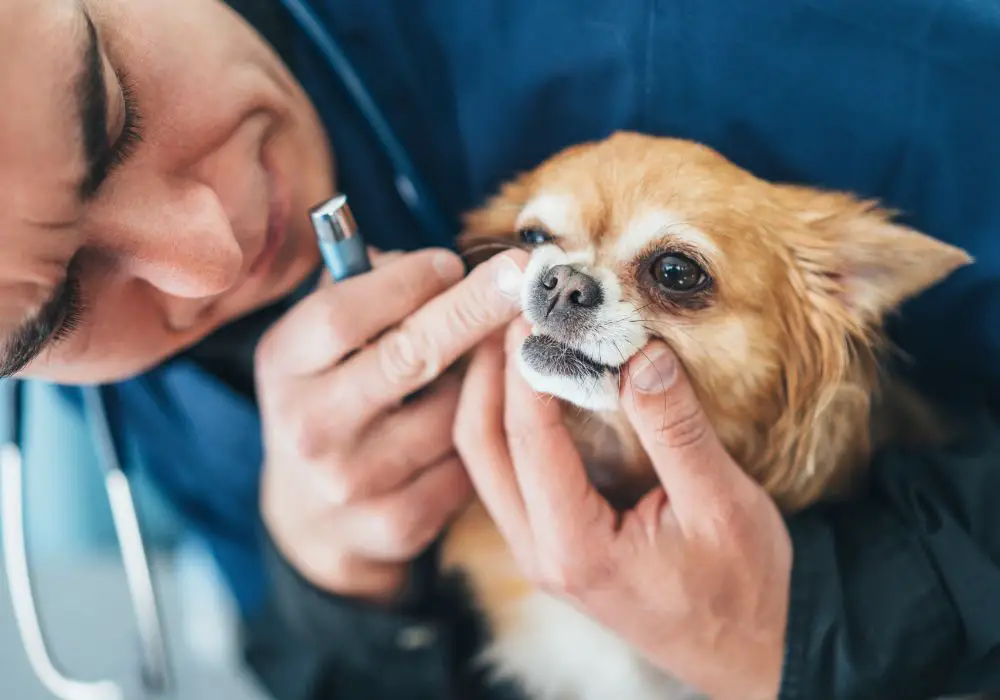
What causes bleeding teeth in puppies?
Bleeding teeth in puppies can be caused by a variety of reasons, including teething, gum disease, trauma, and foreign objects stuck in their mouth. It is important to take your puppy to the vet to determine the underlying cause of the bleeding.
Are bleeding teeth in puppies common?
Bleeding teeth in puppies are not uncommon. Puppies go through a teething phase where their baby teeth fall out and are replaced by adult teeth. During this time, their gums may bleed and be sore. However, if the bleeding persists or is excessive, it may be a sign of a more serious issue.
How can I prevent my puppy’s teeth from bleeding?
You can prevent your puppy’s teeth from bleeding by providing them with appropriate chew toys and treats that are specifically designed for teething puppies. Additionally, regular dental check-ups and cleanings can help prevent gum disease and other dental issues.
Is it safe to give my puppy bones to chew on?
No, it is not safe to give your puppy bones to chew on. Bones can splinter and cause serious harm to your puppy’s digestive system or even puncture their intestines. Stick to chew toys and treats that are specifically designed for puppies.
What should I do if my puppy’s bleeding teeth don’t stop?
If your puppy’s bleeding teeth don’t stop, it is important to take them to the vet as soon as possible. The vet can determine the underlying cause of the bleeding and provide appropriate treatment.
Can I use any home remedies to help my puppy’s bleeding teeth?
No, it is not recommended to use any home remedies to help your puppy’s bleeding teeth. Only a licensed veterinarian can provide appropriate treatment and medication for your puppy’s dental issues.

